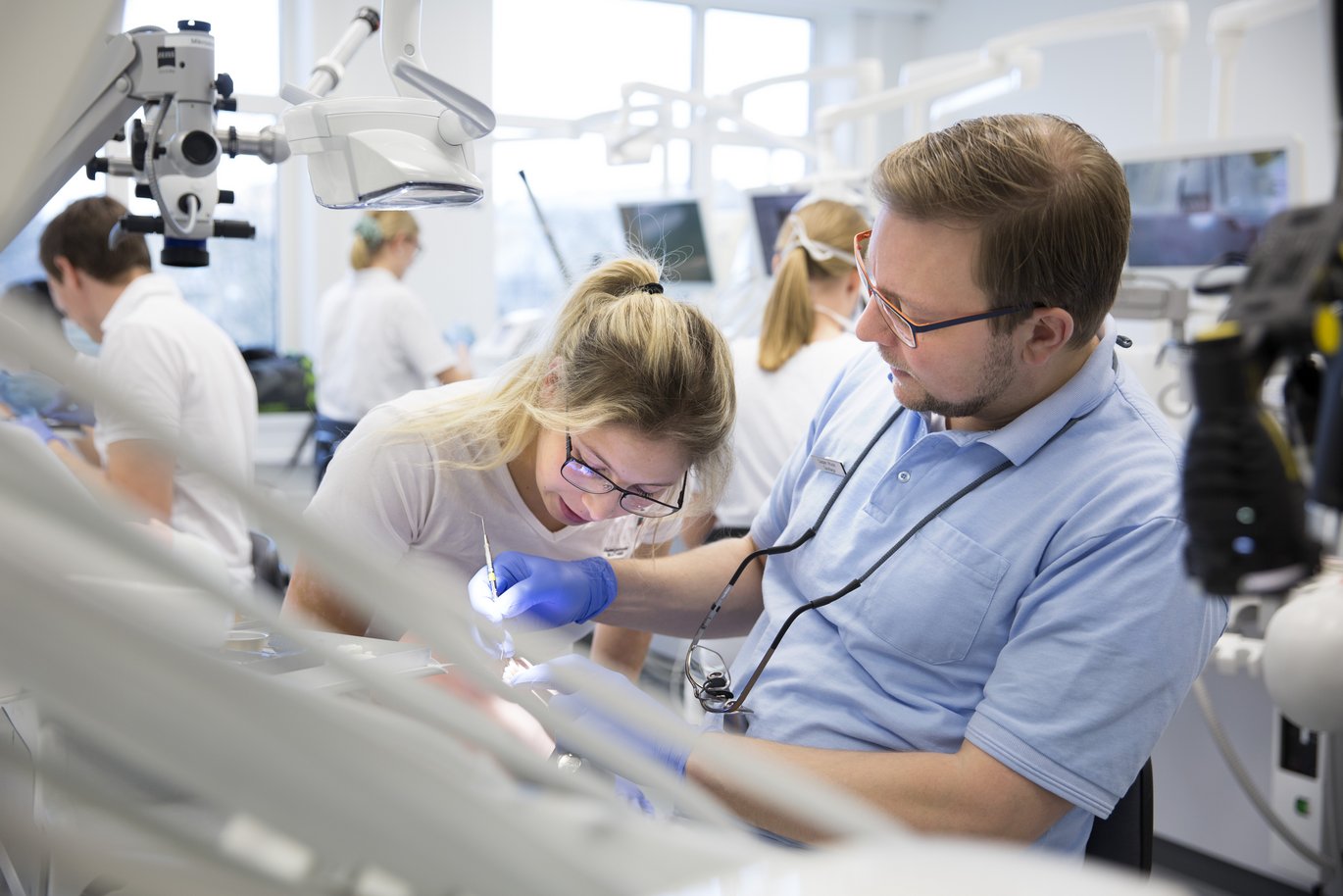A dentistry programme in northern Jutland will neither benefit the region nor Denmark
In recent weeks, the government's proposal to relocate study programmes has led to a major debate. This is also true of the proposal to establish another dentistry programme in Hjørring. Many different positions have been aired, but what is needed here is a keen focus on both reason and facts when discussing what is best for Denmark, the individual regions and the actual dentistry degree programme.

The Minister for Higher Education and Science Ane Halsboe-Jørgensen believes that the proposal is important for northern Jutland and important for the overall educational balance in our country.
We factually disagree.
Educational institutions do, of course, help to generate life and activity in the towns and cities where they are located. However, it is the graduates' subsequent place of residence and employment that generates growth and development in the region.
All together, we admit 185 dentistry students a year to the two existing dentistry degree programmes at Aarhus University and the University of Copenhagen. After graduation, many of our graduates move out of the big cities and settle down and find jobs all over Denmark – also in northern Jutland. In fact, statistics on graduates’ mobility from Aarhus University’s education secretariat show that newly-graduated dentists are more spread out around the country two years after completing their education, than they were six months before they began studying. That is to say that we already train dentists for all of Denmark, and if there are empty clinics in remote and rural areas, this is not due to the location of the degree programmes but rather to the fact that we have over a number of years trained too few dentists in general.
A threat to private dental clinics in northern Jutland?
Just like the medical degree programme, the dentistry degree programme is a research-based health science university education that also consists of clinical training, during which the students treat patients under the supervision of the university's lecturers. The clinical part of the programme takes place at the university, which runs the university clinics. In contrast to e.g. students at vocational schools, the dentistry students are not sent out to internships in private dental clinics. And the necessary clinical training is yet another reason for our concern about the government's proposal for a third dentistry programme in Hjørring.
This is because a dentistry degree programme requires large groups of patients who voluntarily give their time, mouth and money for the treatments that provide the students with their clinical training. At the University of Copenhagen and Aarhus University, we need 50,000 and 35,000 patient visits a year, respectively, to provide the students with the necessary clinical training during their degree programme. At the same time, there must be a carefully aligned diversity in the type of treatment and level of difficulty which has to follow the students learning progression, ranging from simple to complex treatment needs.
We find it difficult to see how such a large patient basis for a third dentistry programme can be achieved in a municipality with fewer than 65,000 inhabitants. If this is to happen, it will inevitably be detrimental for the private clinics in northern Jutland, who will be forced to relinquish patients to the new dentistry programme.
It is important for Denmark to ensure that its educational balance is not lopsided. But it is also important to bring both reason and facts into play and only place new degree programmes where it is possible to create an academic and scientific basis for the programme, and where doing so is actually beneficial.
The post was published in Jyllands-Posten on 17 June 2021 (in Danish).